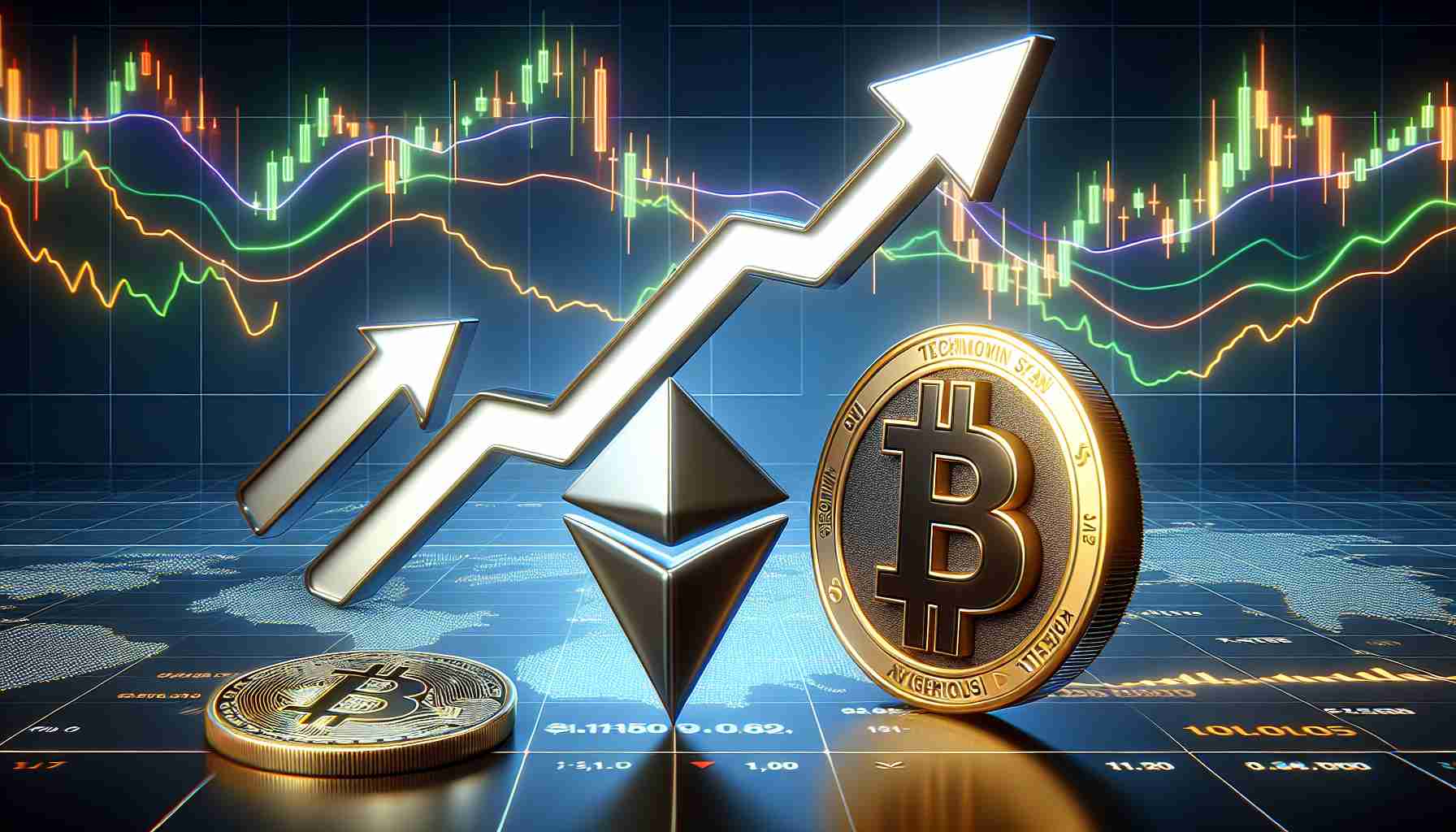In recent years, the term “crypto mining” has sparked immense curiosity and debate in the financial and technological worlds. But what exactly is crypto mining? At its core, crypto mining is the process by which new cryptocurrency coins are created and transactions are verified on a blockchain network. It’s a crucial component of maintaining the decentralized nature of digital currencies like Bitcoin and Ethereum.
To understand crypto mining, one must first grasp the basics of blockchain technology. A blockchain is a public ledger that records all transactions of a cryptocurrency. For a transaction to be added to this digital ledger, it must be validated by miners. These miners use powerful computers to solve complex mathematical problems. When a problem is solved, the transaction is added to the blockchain, and the miner is rewarded with cryptocurrency.
The importance of crypto mining cannot be overstated. It ensures the security and integrity of the blockchain by making it computationally difficult to alter any aspect of the recorded transactions. Moreover, the process inherently limits the supply of many cryptocurrencies, contributing to their value.
However, crypto mining is not without its controversies and challenges. The energy consumption required for mining has raised environmental concerns, with critics pointing out that the carbon footprint of mining operations can be substantial. Additionally, the field has become increasingly competitive, requiring more sophisticated and expensive hardware.
Despite these challenges, crypto mining remains a dynamic and pivotal aspect of the cryptocurrency ecosystem, continually evolving and adapting in response to technological advances and regulatory changes.
The Untold Realities of Crypto Mining: How It Shapes Our World
As the buzz around crypto mining continues to grow, it’s crucial to explore the lesser-known impacts it has on our lives, economies, and global communities. Beyond the technical intricacies and environmental debates, crypto mining significantly influences socioeconomic landscapes and digital innovation.
Economic Impacts on Communities
Crypto mining operations can breathe new life into economically struggling areas by creating jobs and boosting local economies. For instance, regions with abundant and cheap electricity see an influx of mining operations, which can bolster tax revenues and infrastructure development. However, these benefits are often short-lived or geographically limited, and the volatility of cryptocurrency markets poses a constant risk to economic stability.
Global Energy Dynamics
With crypto mining consuming more energy annually than some small countries, nations are reevaluating their energy strategies. An intriguing facet is how crypto mining can drive investments in renewable energy. In countries like Iceland, where geothermal and hydroelectric power are abundant, crypto mining can be aligned with climate goals, showcasing a possible harmonious relationship between digital finance and sustainability.
Is Crypto Mining Sustainable?
The sustainability of crypto mining is a hot topic. While critics emphasize the environmental costs, proponents argue that innovations like more energy-efficient algorithms could mitigate these effects. The pressing question remains: Can the industry justify its carbon footprint by transitioning to greener practices, or will regulation need to step in?
For those exploring more about cryptocurrency and blockchain basics, visit CoinTelegraph. To delve deeper into the complexities of energy consumption and digital transformation, check out World Energy Council.
Moreover, continuous technological advancements hint at a future where crypto mining could become less energy-intensive, leaning towards a cleaner digital financial future. Yet, the path to such innovations is fraught with challenges requiring global cooperation and foresight.





















